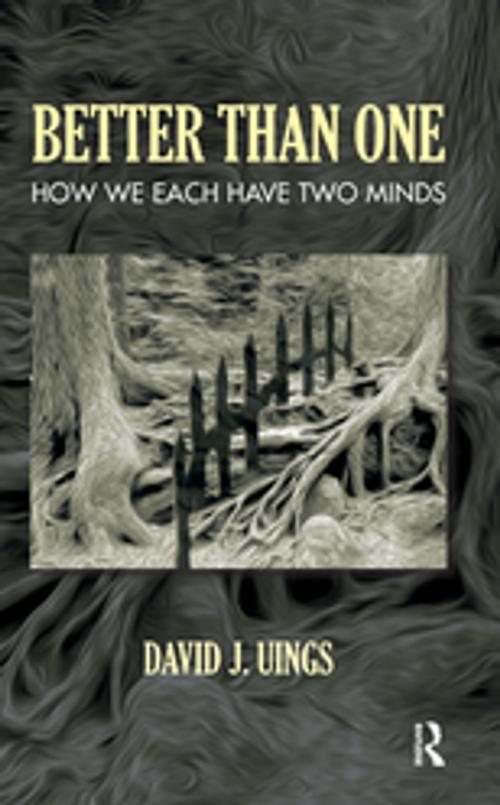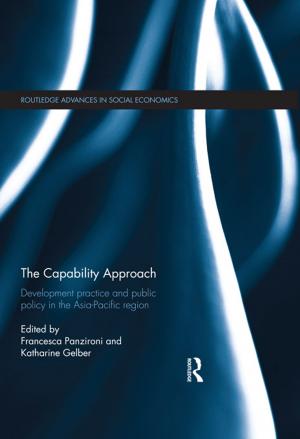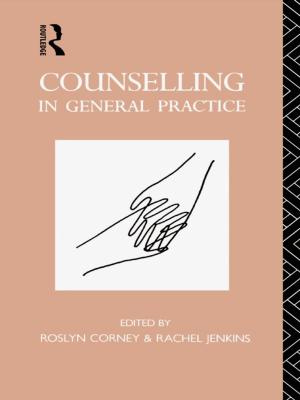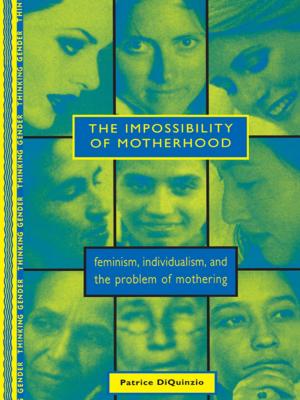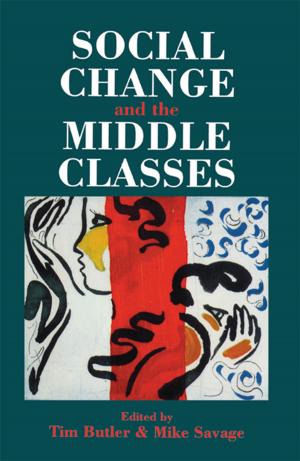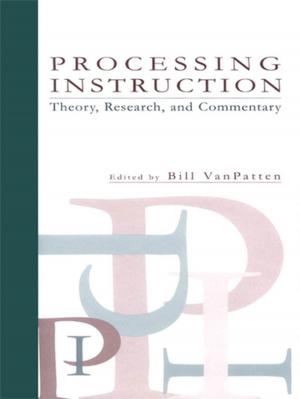Better Than One
How We Each Have Two Minds
Nonfiction, Health & Well Being, Psychology, Mental Health| Author: | David J. Uings | ISBN: | 9780429911361 |
| Publisher: | Taylor and Francis | Publication: | May 1, 2018 |
| Imprint: | Routledge | Language: | English |
| Author: | David J. Uings |
| ISBN: | 9780429911361 |
| Publisher: | Taylor and Francis |
| Publication: | May 1, 2018 |
| Imprint: | Routledge |
| Language: | English |
Starting with research by Nobel laureate Roger Sperry into split-brain patients, this book sets out the evidence that there is a conscious mind in each hemisphere of the human brain. Two forms of consciousness are distinguished, and the difference in the consciousness of each mind revealed. The two different pathways within the human visual system and their effect on human behaviour are described, as well as differences in the memories formed by each mind. Evidence for two minds in the intact human brain is analysed, including psychological experiments and every-day experiences such as sleep-walking and driving on "automatic pilot". Reasons are suggested to explain why the evidence from split-brain patients has been largely ignored, and the views of six authors who have addressed the issue are considered. The presence of two minds - each with its own memories, thoughts, desires, and decisions that are inaccessible to the other - has important implications for all those whose work involves the mind, including psychologists, psycho-therapists and lawyers.
Starting with research by Nobel laureate Roger Sperry into split-brain patients, this book sets out the evidence that there is a conscious mind in each hemisphere of the human brain. Two forms of consciousness are distinguished, and the difference in the consciousness of each mind revealed. The two different pathways within the human visual system and their effect on human behaviour are described, as well as differences in the memories formed by each mind. Evidence for two minds in the intact human brain is analysed, including psychological experiments and every-day experiences such as sleep-walking and driving on "automatic pilot". Reasons are suggested to explain why the evidence from split-brain patients has been largely ignored, and the views of six authors who have addressed the issue are considered. The presence of two minds - each with its own memories, thoughts, desires, and decisions that are inaccessible to the other - has important implications for all those whose work involves the mind, including psychologists, psycho-therapists and lawyers.
